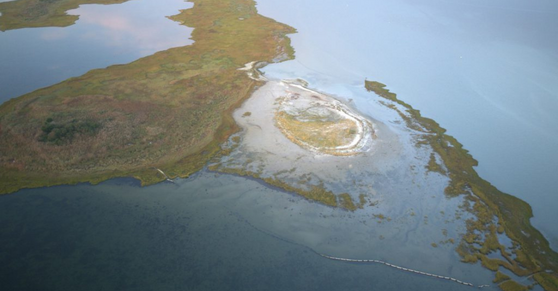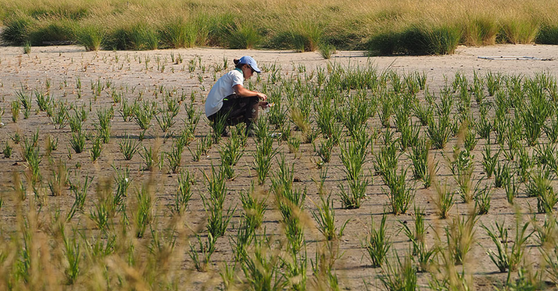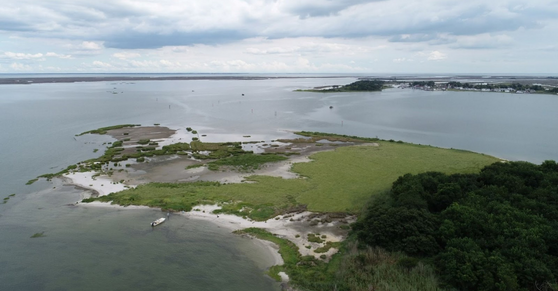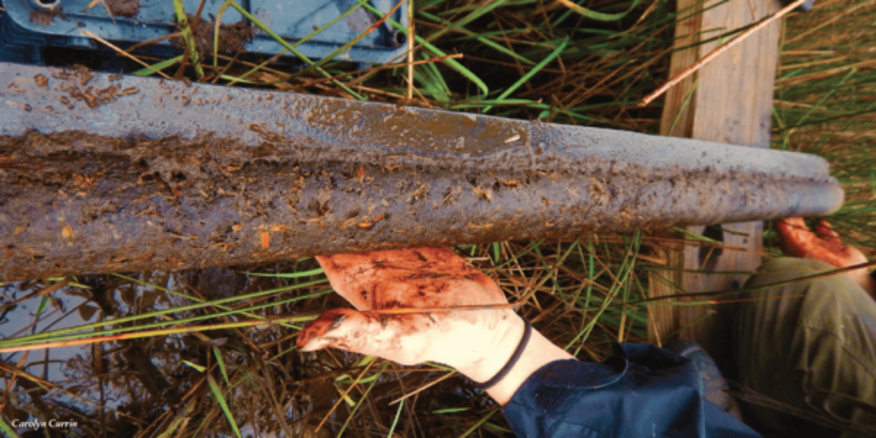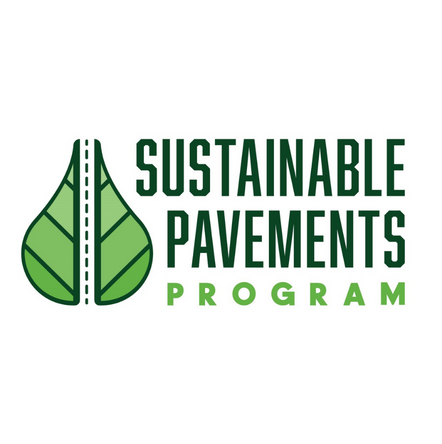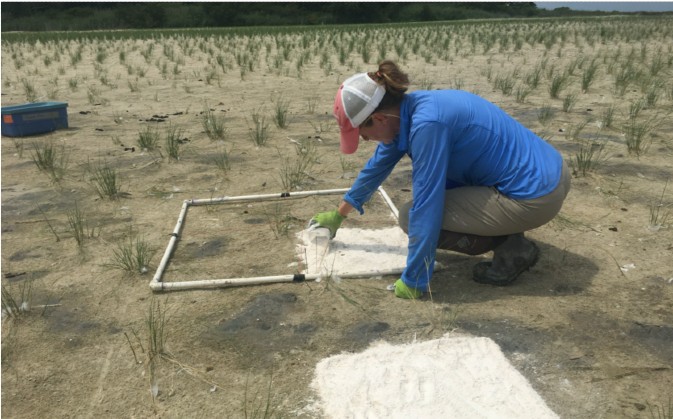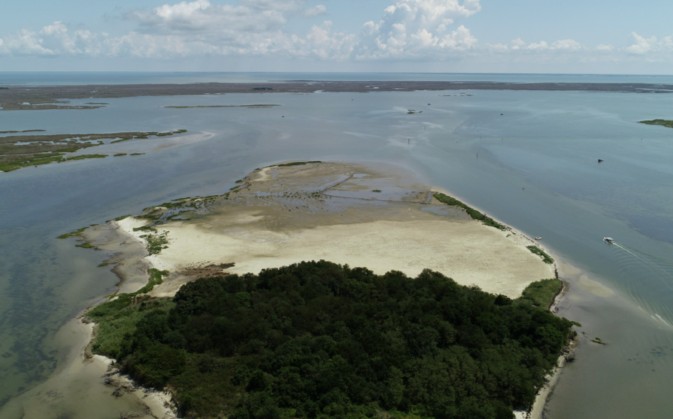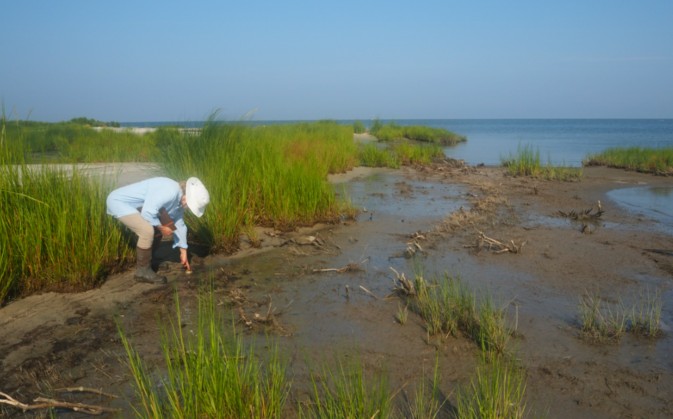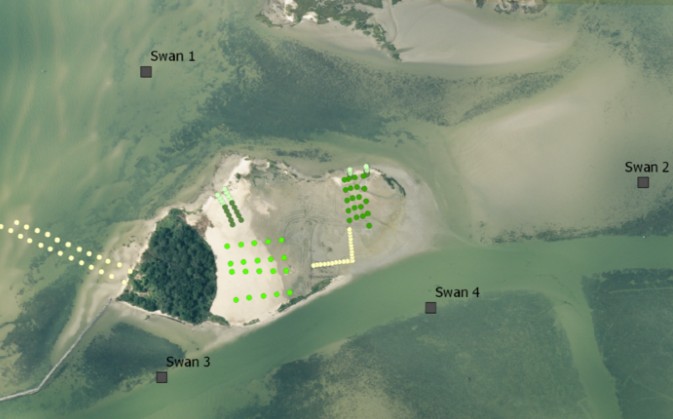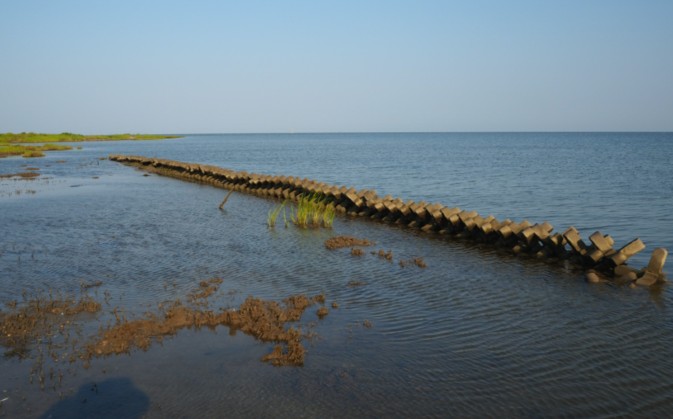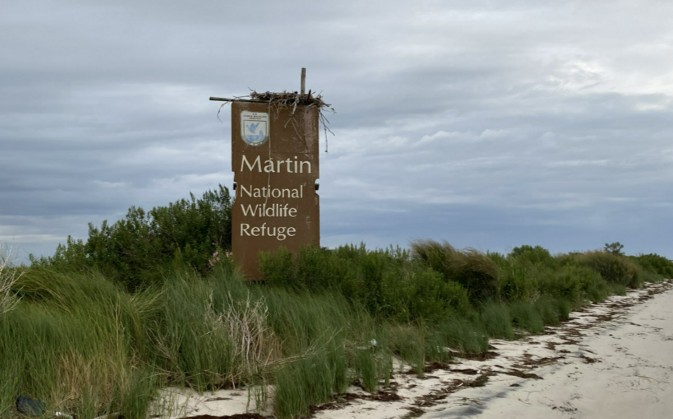Restoration and Nature-Based Solutions
Coastal storms, flooding, and rising seas combined with loss of habitat and biodiversity threaten coastal communities, livelihoods, and ecosystems. Nature-based solutions involve the intentional use of natural and nature-based features (NNBF), like beaches, dunes, islands, marshes and mangroves, coral and oyster reefs, either alone or in combination with traditional gray infrastructure, like cement walls buried inside of sand dunes, to reduce risks to coastal hazards and deliver multiple environmental and socio-economic benefits. NCCOS works with natural resources managers, communities, and other coastal decision makers, to develop tools, techniques, models, and guidance on how, where, and when to best employ nature-based solutions. NCCOS assess the potential for using nature-based solutions to mitigate the effects of climate change and maintain and restore the area’s biodiversity and natural beauty.
Measuring the Performance of Natural and Nature-Based Features
NCCOS conducts and funds multidisciplinary research that evaluates the coastal protection performance and ecosystem benefits of nature-based solutions. NCCOS expertise and research includes evaluating system performance of natural and nature-based features to determine if intended outcomes are realized, if features are adaptive and sustainable over time, and what levels of adaptive management are required to maintain sustainable performance. NCCOS Science is critical to understanding the benefits and economic value of natural and nature-based features and to informing the planning, design, implementation, and adaptive management of these features.
We help provide solutions to the questions...
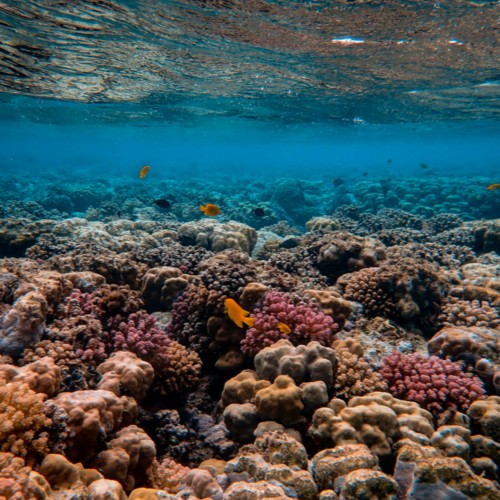
What shoreline benefits, like reductions in erosion and wave energy, are provided by nature-based solutions?

What ecosystem benefits do natural and nature-based features provide?
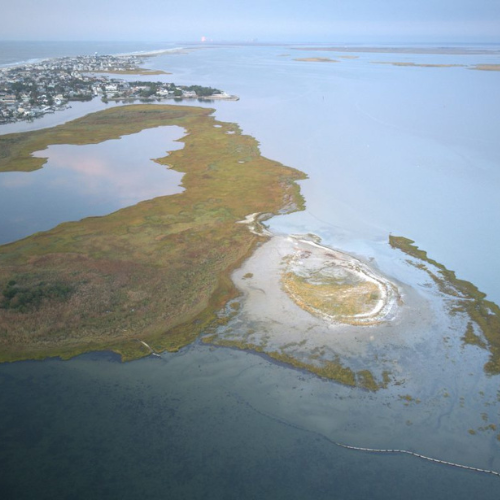
What’s the best way to manage coastal habitats? And when is it appropriate to use natural approaches compared to conventional designs?
Where You Can Find Our Science
The inherent capacity of natural and nature-based features to be sustainable over time and provide multiple benefits—like migratory bird habitat, nursery grounds, and recreation opportunities—make them a preferable option to seawalls, breakwaters and other traditional gray infrastructure. NCCOS projects evaluate conventional and nature-based approaches and offer clear guidance on expectations for each approach that are necessary to get them funded and on the landscape. Restoring our coasts through nature-based solutions takes a holistic approach to ensuring we maintain our natural ecosystems and biodiversity as well as protecting our coastal communities, livelihoods, and economies.
Advancing Approaches for Predicting and Evaluating Performance
NCCOS works on the advancement of predictions of the flood reduction performance of nature-based approaches in comparison to conventional designs, as well as non-flood-protection benefits, and a focus on development of cost-benefit analyses to offer realistic expectations of how a given action will perform.
Blue Carbon
NCCOS research aims to better understand the value of vegetated coastal habitats that are highly efficient at removing carbon dioxide from the atmosphere and storing it in their sediments for centuries to millennia. The carbon that is stored in these habitats is referred to as ‘blue carbon’. NCCOS conducts research to understand how changes in climate will impact both the total extent of these habitats and their capacity to take up and store carbon.
Our Partnerships
Multidisciplinary, multi-agency partnerships are critical to the planning, design, implementation, and adaptive management of NNBF. Likewise, research on NNBF performance and environmental benefits requires multi-agency and multidisciplinary partnerships.

